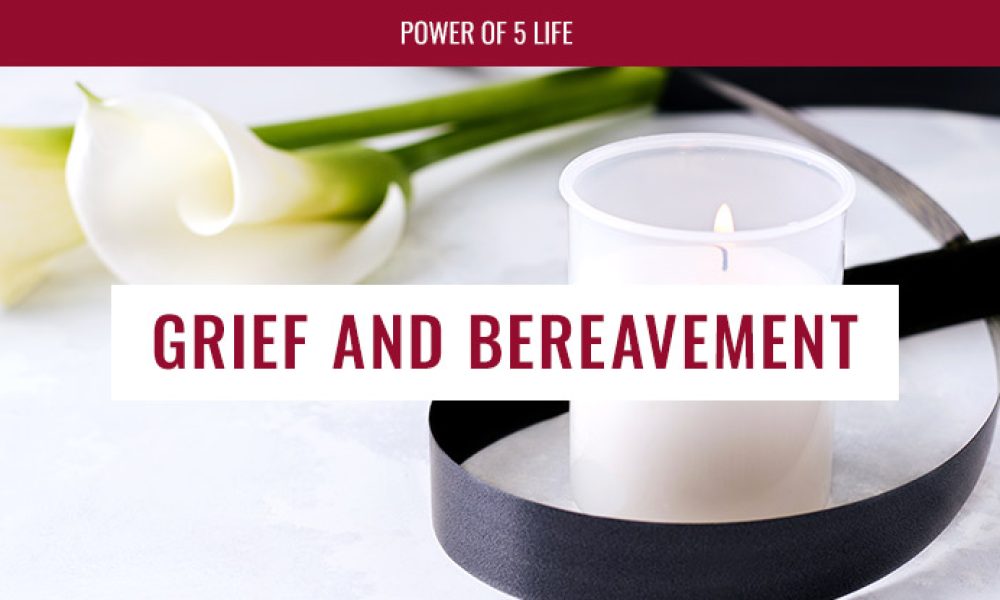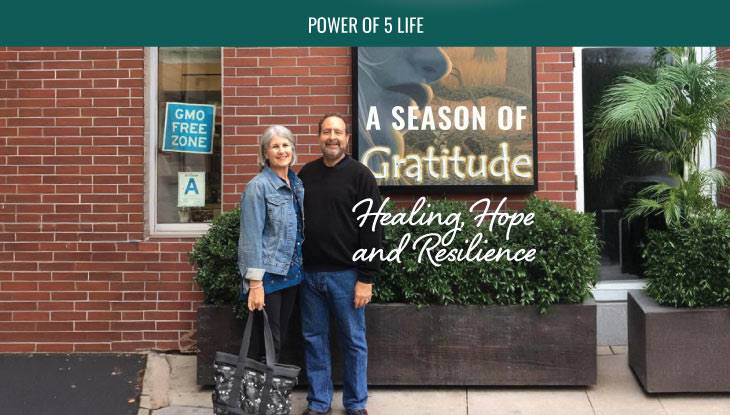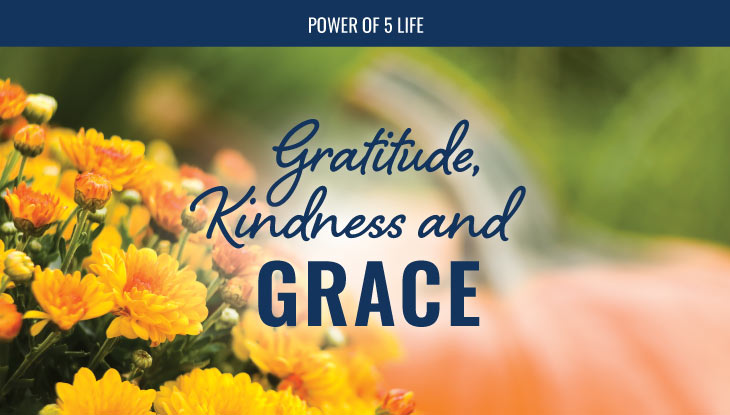Grief and Bereavement
Grief and bereavement are a natural yet unwanted part of the process of our lives. Recently my wife Melissa and I experienced major losses: her mother Pat at age 98 and my Aunt Flo at 102. They were very different people, lived very different lives, and each experienced their last events differently. They still leave us with irreplaceable voids in our lives.
My inquisitiveness got the best of me …
I often reflect on the fact that as a physician, I had opportunities and a need to ask very personal questions. I have a vivid recollection of one such experience early in my career. Asking this question at the time might have exposed my inexperience or lack of maturity and tact. Despite my inexperience, my sense of inquisitiveness got the best of me. This conversation left an indelible and valuable memory about the loss of a loved one which has served me well in my life and career.
I met a healthy-appearing woman in her late 60s in my office. Her medical history was free of any major illnesses. She took vitamins but no medications. She ate a healthy diet and did not smoke cigarettes. Her parents died at advanced ages, and she was widowed, twice. What should I talk to her about after learning that? Ah hah, her experience with the loss of two husbands at relatively early ages. With that, I was about to hear about one person’s unique experience with grief.
As she described, both marriages were happy ones, and she loved both men dearly. Their lives together were without the drama I hear about in other relationships.
The grief of two losses …
Her first husband had a chronic illness, consumed by visits to various doctors over a six- or seven-year period. They were well aware of his limited life expectancy. They spent a great deal of time together. He died at home after enrolling in hospice care.
Her second marriage was happy as well. She and this husband met at a social event, and they knew each other from high school. They were very attached to one another. When I inquired about his death, she told me it was very sudden. He had fallen and fractured his hip. As he was to be brought up to the medical floor, the nursing staff instructed her to return home and gather a few toiletries for his personal use. My curiosity was getting the best of me, so I inquired, “What happened?” While she was on her way back to the hospital with his belongings, he suffered a cardiac arrest in the elevator and died!
In that moment I was speechless, surprised, startled, and I did not know what to say. Maybe I was in a panic to just say something, so I uttered, “Which experience was worse?” I have to admit at this point my patient was more poised than I was. She responded by telling me she loved both men deeply and their deaths were devastating, but they were different.
With her first husband, she knew he was going to die before her. She knew she would experience his physical and emotional suffering. But she also knew she had time to say all that she ever wanted to and goodbye. With her second husband, it was so sudden that they did not have the opportunity to express their love for one another and say goodbye one last time.
What a valuable experience I had that day with a new patient, twice widowed, who taught me a lesson I never forgot.
Grief in my own life …
Fast forward, thirty-plus years to a six-month period when Melissa and I experienced similar emotions with her mother and my aunt.
Pat fell and broke her hip and lost her independence, ability to walk, and most of her dignity. Aunt Flo maintained her independence, her ability to walk, and her dignity. Flo played bridge and went to sculpture classes every week. She had regular visits with her children and grandchildren and kept track of everything going on in their lives. Aunt Flo celebrated her 102nd birthday surrounded by family from far and wide, expressing her love and appreciation for everyone present. She died abruptly from a massive stroke within two days of the party.
My experience with my twice-widowed patient thirty years prior prepared me for the contrast of the two losses that Melissa and I experienced recently. Life is precious and at the extremes of age such as Pat and Flo, one ought not to leave words unspoken. Take advantage of time to express deep feelings and love whenever you can. We are content that we did and can always celebrate their lives with joy, not guilt for words unspoken.
Consider your relationships with those you love. Have you expressed how you feel? Have you considered how you want to remember them? Avoid leaving your thoughts unspoken. It is never too early or inappropriate to express your feelings and love.
To a long and healthy live,
David Bernstein, MD
P.S. Many of us can help our older parents more than we realize. I hope you find the Geriatrics Handbook that I co-authored and that was recently released helpful. It also has sections about hospice, end of life, and grief.



